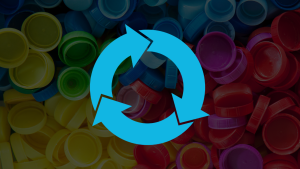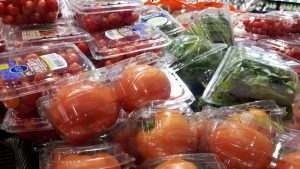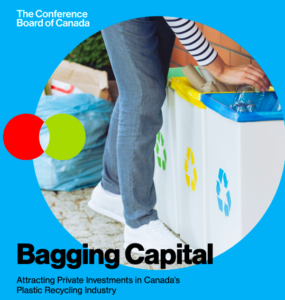Everyone wants compostable plastic to work, so why does so much of it end up in landfills?
How do you fix a consumer economy that’s waist-deep in disposable plastics? With cargo boatloads of our plastic trash getting turned back from Asia, only nine per cent of plastics being recycled and single-use plastic bans now in 60 countries and counting, businesses big and small are scrambling for alternatives that don’t leave their customers saddled with guilt.
One option under the microscope: plastics that come from the earth and — the hope is — return to the earth. Seafood shells, sawdust, cornstarch, algae, tree bark, chicken feathers — pretty much any natural substance you can think of is being converted to plastic. Compostable plant-based plastics in particular have been officially pinned to the vision board of a new circular economy. In August, Molson Coors became the latest of 125 corporations (including L’Oréal, Mars, PepsiCo, The Coca-Cola Company and Unilever) to join the Ellen MacArthur Foundation pledge to phase out unnecessary plastic packaging and work toward “100 per cent reusable, recyclable, or compostable plastic packaging by 2025.”



